Chicago’s climate poses a unique challenge for tomato enthusiasts, with a growing season typically limited to May through early October and frost risks lingering into late spring and early fall. Cherry tomatoes, however, are well-suited to this brief window thanks to their compact size, rapid maturity, and abundant yields. Below, discover proven techniques to cultivate flavorful, productive cherry tomato plants in the Windy City.
The key to success in Chicago is selecting early-maturing, cold-tolerant cherry tomato varieties that can ripen before temperatures drop. Look for varieties with a “days to maturity” (DTM) of 60–70 days from transplant. Top recommendations include:
‘Sungold’ (60 days): Renowned for its bright orange color, intense sweetness, and vigorous growth.
‘Early Girl Cherry’ (65 days): A reliable choice that’s disease-resistant and thrives in cooler nighttime temperatures.
‘Juliet’ (70 days): Produces plum-shaped, meaty fruits with excellent productivity in shorter seasons.
‘Tiny Tim’ (60 days): A dwarf variety perfect for containers, ideal for small spaces or balcony gardens.
To make the most of Chicago’s short season, start seeds 6–8 weeks before the last average frost date (around mid-March to early April, as the last frost typically falls on May 15). Here’s how:
Use seed trays filled with damp seed-starting mix, planting seeds ¼ inch deep.
Maintain a temperature of 70–75°F (a heat mat can help) and provide 12–16 hours of daily light, ideally with LED grow lights.
When seedlings develop 2–3 true leaves, transplant them into 4-inch pots with organic potting soil.
Harden off seedlings 7–10 days before planting by gradually exposing them to outdoor conditions to prevent transplant shock.
Even with early starts, Chicago’s frosty spring and fall temperatures can threaten yields. Use these methods to maximize growing time:
Choose a south-facing spot that receives 6–8 hours of direct sun daily. Concrete or stone surfaces nearby will radiate heat, boosting soil temperature. Shield plants from wind using fences or trellises to create a more stable microclimate.
Row covers or cloches: Protect young plants from late spring chills (temperatures below 50°F slow growth).
Black plastic or fabric mulch: Warm the soil faster in spring, raising temperatures by 5–10°F to encourage early growth.
Greenhouses or cold frames: Extend the season into fall by covering plants when nighttime temperatures dip below 45°F.
Grow cherry tomatoes in 5-gallon or larger pots (terra cotta or fabric pots work well) to easily move plants indoors during unexpected frost scares. Ensure pots have drainage holes and mix soil with compost or worm castings for nutrient-rich growing medium.
Transplant seedlings into the garden or containers once soil temperatures reach 60°F (typically late May). Follow these steps for healthy, productive plants:
Amend garden beds or container soil with aged manure, compost, or a balanced organic fertilizer (10-10-10). Cherry tomatoes prefer slightly acidic soil with a pH of 6.0–6.8.
Bury seedlings up to their first set of leaves to encourage a robust root system. Support vines with cages, trellises, or stakes to improve air circulation and prevent sprawling, which reduces disease risk.
Keep soil evenly moist, providing 1–1.5 inches of water weekly. Water at the base of plants to avoid wetting foliage and use straw or wood chip mulch to retain moisture and suppress weeds.
Apply a tomato-specific fertilizer (high in phosphorus and potassium) once fruits begin to form. Avoid over-fertilizing with nitrogen, as this promotes leafy growth at the expense of fruit production.
Chicago’s humid summers can lead to issues like blight, aphids, and hornworms. Prevent problems with these practices:
Companion planting: Marigolds deter aphids, while basil enhances flavor and repels pests.
Organic sprays: Use neem oil or insecticidal soap for aphid infestations, and a baking soda solution (1 teaspoon per gallon of water) to combat powdery mildew.
Sanitation: Regularly remove yellowing leaves and fallen debris to reduce fungal spores and discourage pests.
Cherry tomatoes ripen quickly; pick them when fully colored and slightly soft to the touch. Harvest daily to encourage continuous fruiting. If frost is forecast before all tomatoes ripen, pick all green fruits and ripen them indoors on a sunny windowsill or in a paper bag with a banana (which emits ethylene gas to speed ripening).
With careful variety selection, early seed starting, and season-extending techniques, Chicago gardeners can enjoy a bountiful cherry tomato harvest despite the city’s short growing season. Focus on cold-tolerant, early-maturing varieties, create warm microclimates, and maintain consistent care to overcome climate challenges. By following these steps, you’ll savor the sweet reward of homegrown cherry tomatoes all season long. Happy gardening!
欢迎关注微信公众号:泛米米的小菜园
12本阳台种菜电子书限时免费送
关注【泛米米的小菜园】,发送“电子书”免费获取
随时随地在手机上学习交流阳台种菜
这篇文章出自 fanmimi 如需转载请注明出处;
这篇文章的地址:https://fanmimi.com/2025/579.html
本站部分资源收集于网络,纯个人收藏,无商业用途,如有侵权请及时告知!
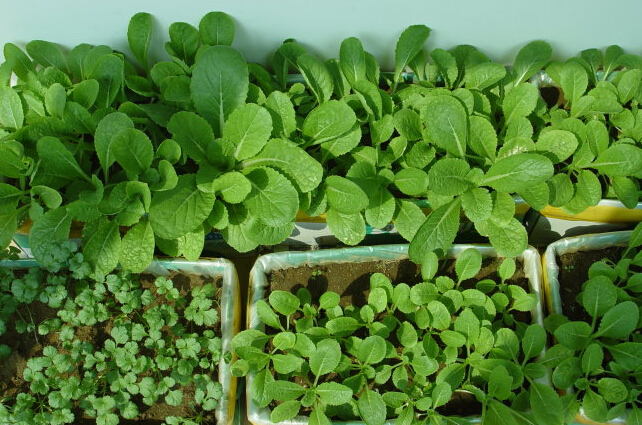 广东广州7月份可以种什么菜
广东广州7月份可以种什么菜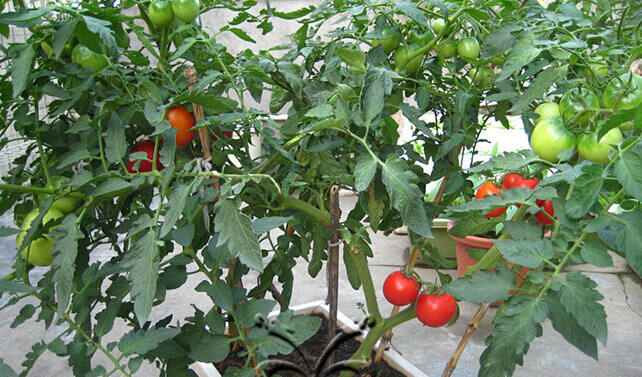 北京7月份适合种什么菜?阳台种菜北京7月份适合种哪些蔬菜?
北京7月份适合种什么菜?阳台种菜北京7月份适合种哪些蔬菜?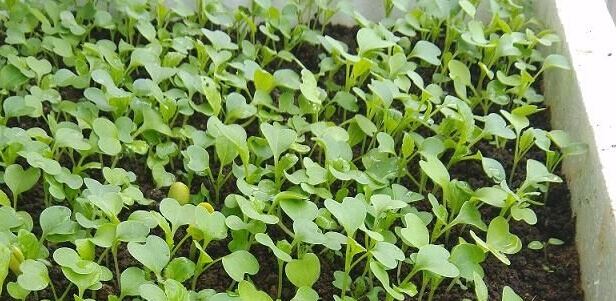 What dishes are suitable for beginners growing vegetables on the balcony? Which vegetables are the e
What dishes are suitable for beginners growing vegetables on the balcony? Which vegetables are the e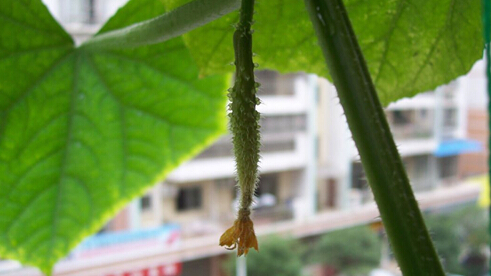 阳台种菜种的黄瓜长不大,长得很小是什么原因?
阳台种菜种的黄瓜长不大,长得很小是什么原因?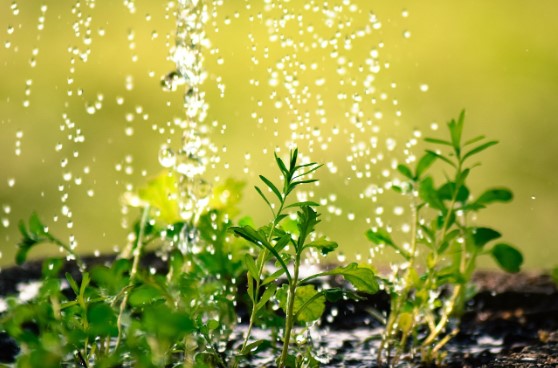 如何判断蔬菜要不要浇水?阳台种菜什么时候浇水?
如何判断蔬菜要不要浇水?阳台种菜什么时候浇水?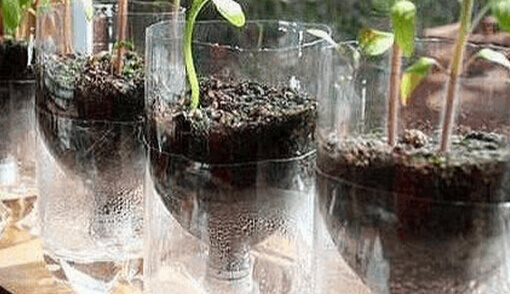 怎么用饮料瓶种菜
怎么用饮料瓶种菜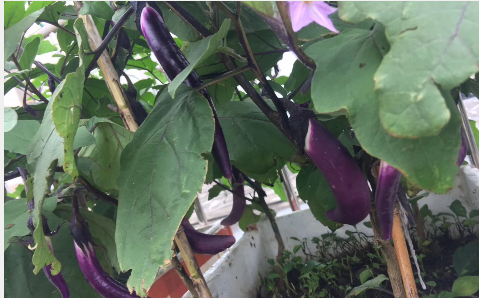 阳台种的叶菜类蔬菜用什么肥最好,看看泛米米菜友群菜友用的什么肥?
阳台种的叶菜类蔬菜用什么肥最好,看看泛米米菜友群菜友用的什么肥?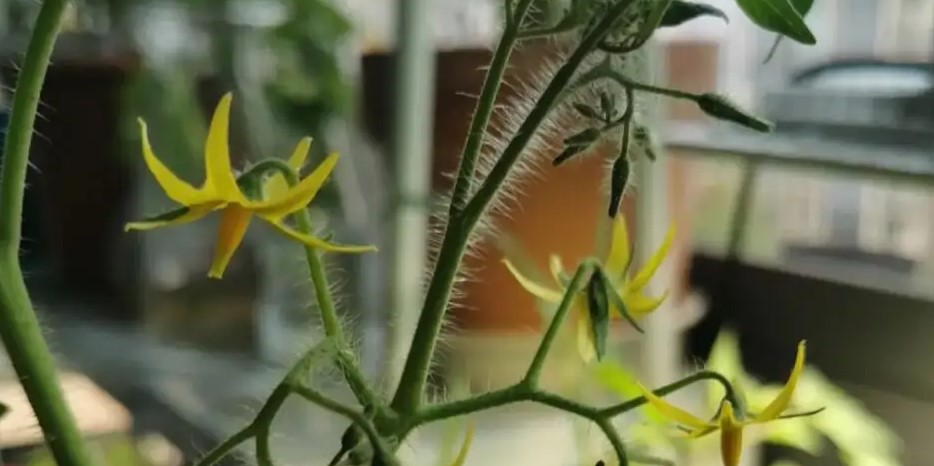 种的番茄的开花后直接掉落,不结果是什么原因?解决番茄"开花不结果"的终极指南!
种的番茄的开花后直接掉落,不结果是什么原因?解决番茄"开花不结果"的终极指南!